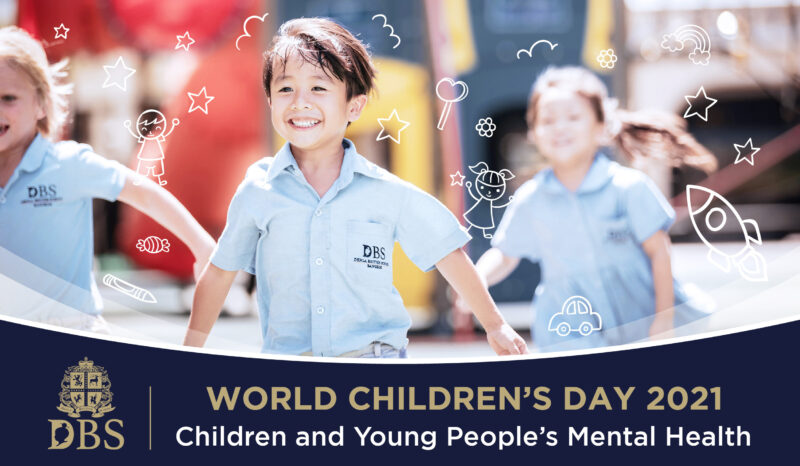Children and Young People’s Mental Health | การดูแลสุขภาพจิตของเด็กและเยาวชน

How to recognise the signs that your child or young person may be experiencing mental health difficulties according to our licensed mental health professional, Person Centred & Cognitive Behavioural Therapist, Ms Laura Jones:
Early years children:
Older children:
It can be difficult to know what type of mental illness your child could be facing. For example, “Depression in children does exist, but it is often accompanied by hyperactivity.” While depression can cause a loss of appetite, if your child is refusing to eat or only eats very limited selections, you might also be seeing the early signs of an eating disorder.
Tween and teen years:
The preceding signs of mental illness are still a concern, but the behaviours may be more pronounced as children get older. Be vigilant of:
What to do if you think your child or young person is experiencing any of these challenges:
คุณลอร่า โจนส์ ผู้เชี่ยวชาญด้านสุขภาพจิตที่มีใบอนุญาตรองรับอย่างเป็นทางการของเรา อยากแบ่งปันกับผู้ปกครองถึงวิธีการสังเกตอาการของเด็ก ๆ ว่าพวกเขากำลังประสบปัญหาสุขภาพจิตอยู่หรือไม่ ดังนี้
อาการที่บ่งชี้ว่าเด็กอาจมีปัญหาด้านสุขภาพจิต
เด็กเล็ก
เด็กที่กำลังโต
มันอาจเป็นเรื่องยากที่เราจะทราบว่าลูกของเรานั้นมีปัญหาด้านสุขภาพจิตแบบใด ตัวอย่างเช่น ภาวะซึมเศร้าของเด็กนั้นเกิดขึ้นได้แต่บางครั้งภาวะซึมเศร้าอาจแสดงออกมาในรูปแบบของอาการไฮเปอร์ ในขณะที่บางครั้งภาวะซึมเศร้าอาจทำให้รู้สึกเบื่ออาหารได้ แต่หากลูกไม่ยอมทานอาหารหรือเลือกรับประทานเพียงเล็กน้อย คุณก็อาจจะเห็นว่านั่นคือสัญญาณของพฤติกรรมการรับประทานอาหารที่ผิดปกติได้เช่นกัน
เด็กวัยรุ่น
สัญญาณของปัญหาด้านสุขภาพจิตที่กล่าวมาเบื้องต้นนั้นน่าเป็นห่วง เมื่อเด็กเริ่มโตขึ้น พฤติกรรมที่พวกเขาแสดงออกจะยิ่งเด่นชัดขึ้น พฤติกรรมและอาการต่อไปนี้คือสิ่งที่ต้องพึงระวัง:
สิ่งที่คุณต้องทำ หากคุณคิดว่าบุตรหลานกำลังประสบปัญหาเหล่านี้